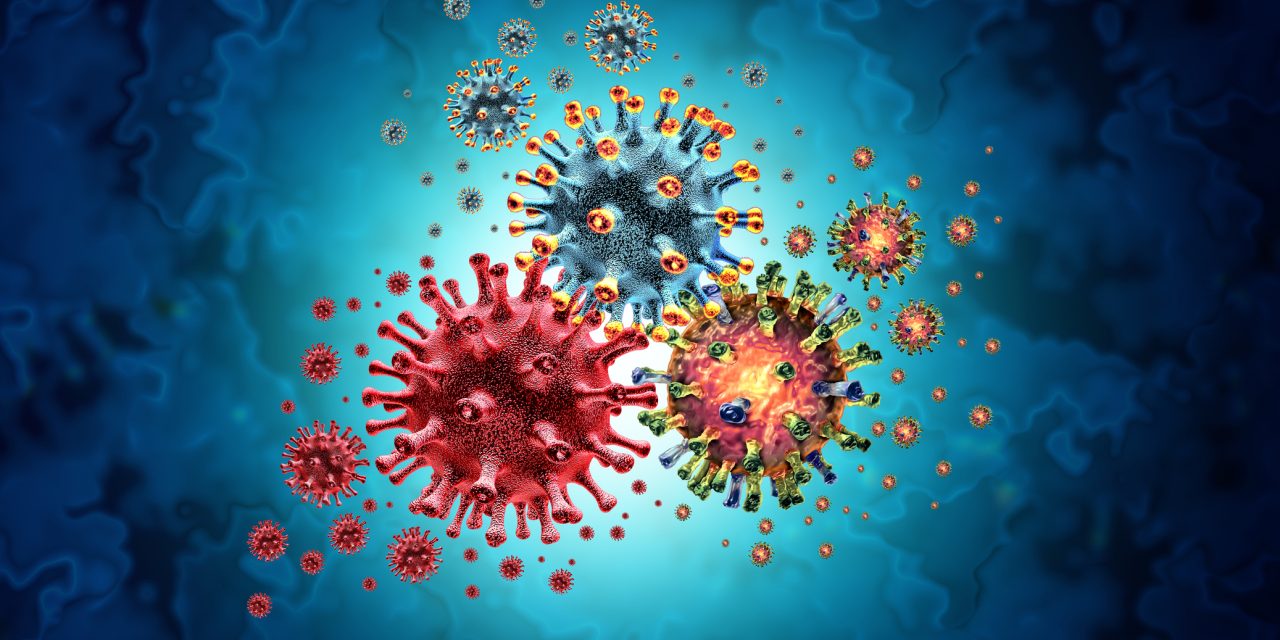The phytochemical study on the stems of Clausena lenis resulted in the isolation of three new prenylated coumarins, clauselenins A-C (1-3), together with nine known prenylated coumarins (4-12). The chemical structures of new prenylated coumarins (1-3) were elucidated by means of comprehensive spectral analyses and the known compounds (4-12) were determined by means of comparing their experimental spectral data with those described data in the literatures. All isolated prenylated coumarins were assessed for their anti-inflammatory effects together with anti-HIV activities in vitro. Prenylated coumarins 1-12 displayed remarkable inhibitory effects against nitric oxide (NO) production induced by lipopolysaccharide in mouse macrophage RAW 264.7 cells in vitro with the IC values which are comparable to hydrocortisone. Meanwhile, prenylated coumarins 1-12 exhibited considerable anti-HIV-1 reverse transcriptase (RT) activities possessing EC values in the range of 0.17-9.08 µM. These findings indicate that the isolation and identification of these prenylated coumarins with pronounced anti-inflammatory effects as well as anti-HIV activities separated from the stems of C. lenis could be of great significance to the development of new anti-inflammatory and anti-HIV agents and their potential applications in the pharmaceutical industry.Copyright © 2020 Elsevier Inc. All rights reserved.
Bioactive prenylated coumarins as potential anti-inflammatory and anti-HIV agents from Clausena lenis.


